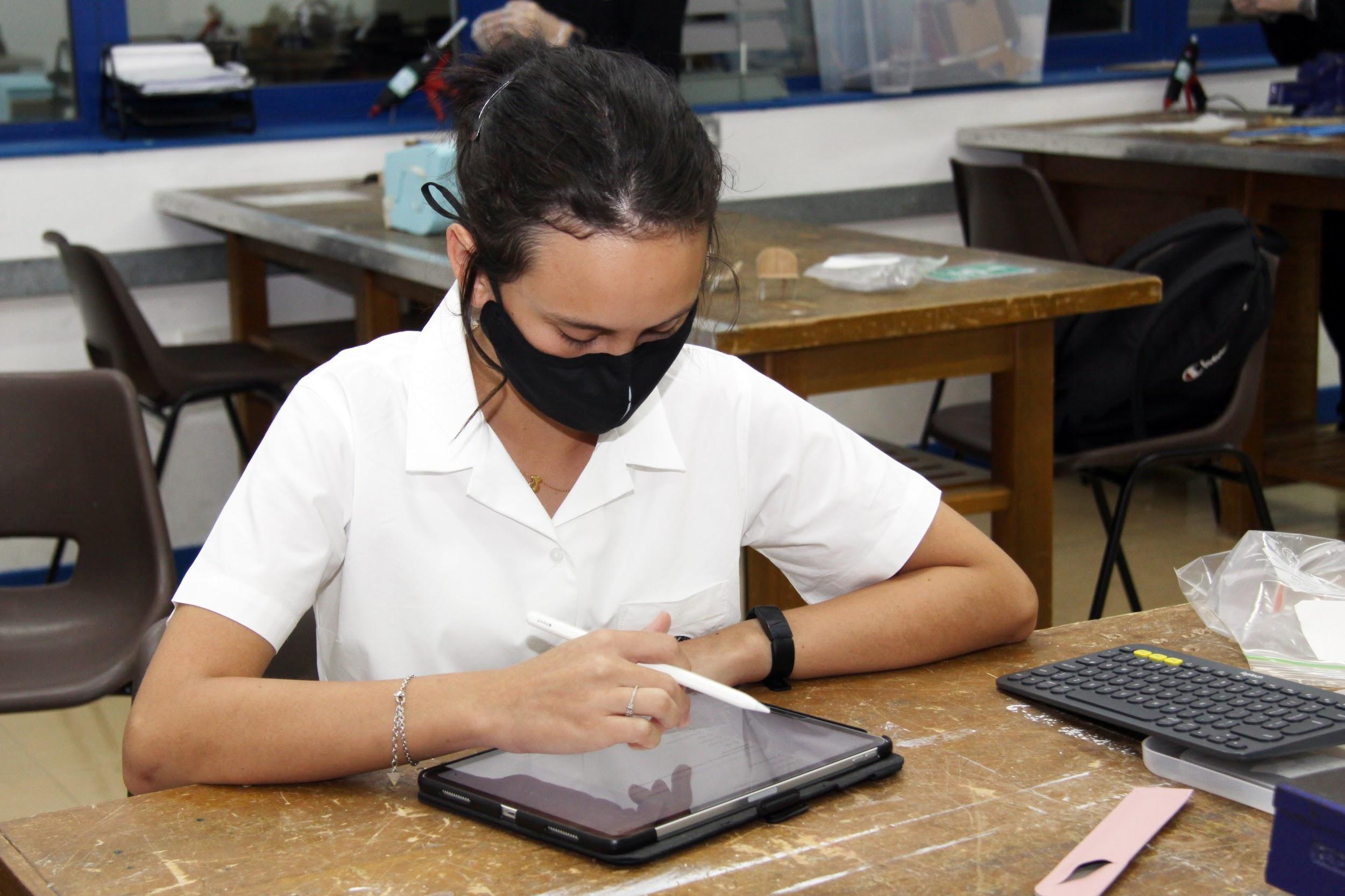
3 minute read
Photography
ACADEMIC YEAR 2021/2022 YEAR 12

Advertisement
PHOTOGRAPHY
Photography is used by practitioners to record, document and present visual representation of everyday life, in ordinary and extraordinary circumstances. It is also used as a vehicle for artistic expression and for communicating personal ideas about the world around us. Students will reflect on, refine and apply the observations they make with a camera, and determine which tools or techniques are most appropriate in their exploration of ideas. They will also consider the application and implications of new and emerging technologies that can be used to create personal and thought provoking responses.
COURSE CONTENT Component 1: (Portfolio)
This component is weighted 60% of the total qualification. This component incorporates three major elements: Supporting studies, practical work and a personal study. Students will receive various starting points for exploration of their own personal investigation. This will take the form of creative investigations through sketchbooks and refined experimenting with media to create a portfolio of work leading to a range of outcomes. Component 1 runs through Year 12 and Year 13.
Component 2: (Externally Set Assignment - ESA)
This component is weighted 40% of the total qualification. This component incorporates two major elements: Preparatory studies and the 15–hour period of sustained focus. This externally set assignment represents the opportunity for students to draw together all the knowledge, understanding and skills developed throughout Year 12 and Year 13. It consists of one broad-based thematic starting point to which students respond by developing a portfolio of practical work and final outcome(s).
SKILLS DEVELOPED
● Observational, drawing and mark making skills - Design rules/hierarchy and typography ● Creativity - risk taking ● Development of art based traditional and contemporary processes, materials and techniques. ● Strong visual awareness and visual communication skills ● Wider appreciation of contextual and cultural themes. Graphic Design and Art History ● Interpretative, emotional, social and moral consideration ● Development, exploration and inclusion of refined Visual and Written Literacy ● Connective and non-connective ideas and concept development ● Visual, digital and verbal communication, presentation and critique skills

ASSESSMENTS
PHOTOGRAPHY
SUGGESTED EQUIPMENT LIST
Whilst the Art Department has excellent facilities, equipment, materials and provision, it is highly recommended that all Fine Art Students have general art based equipment.
● Drawing pencils - HB/2B/3B/4B/9B ● Eraser, sharpener, ruler - (For home use scissors) we do not recommend carrying sharp items around school ● Basic paint sets - watercolour and acrylic - maybe oils - but are expensive so best to wait. ● Black Fine liners - different sizes ● Paint brushes - watercolour and Acrylic ● Digital media is or can be used widely on the course - Access to Adobe Creative Suite is recommended - please talk to your teacher before purchasing
ADDITIONAL INFORMATION
All students will have the opportunity to work with outside artists and have numerous opportunities to display artwork in internal and external exhibitions and participate in collaborative projects with external agencies. Current creative partnerships include The British Council, The British Embassy, The Future Centre, Special Olympics Committee, Etihad Modern Art Gallery, Warehouse 421 (New Beginnings – Abu Dhabi schools exhibition) and The Club Gallery (BSAK Young Artists and Designers)
SPECIFICATION LINK
ASSESSMENTS
Component 1 and Component 2 are internally assessed and moderated. C1 and C2 are then externally moderated/standardised by Edexcel.













